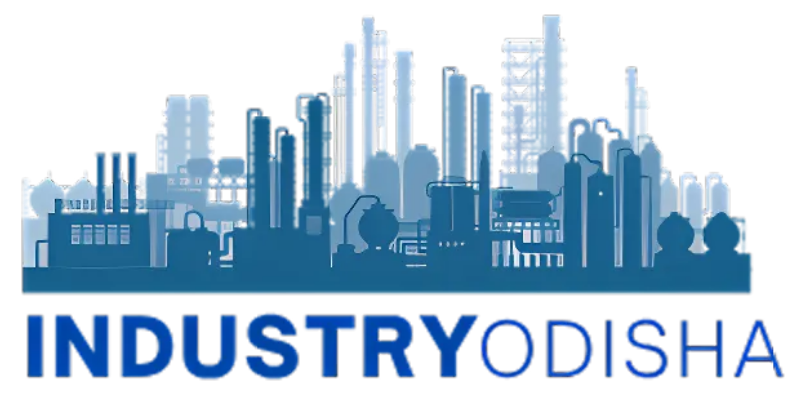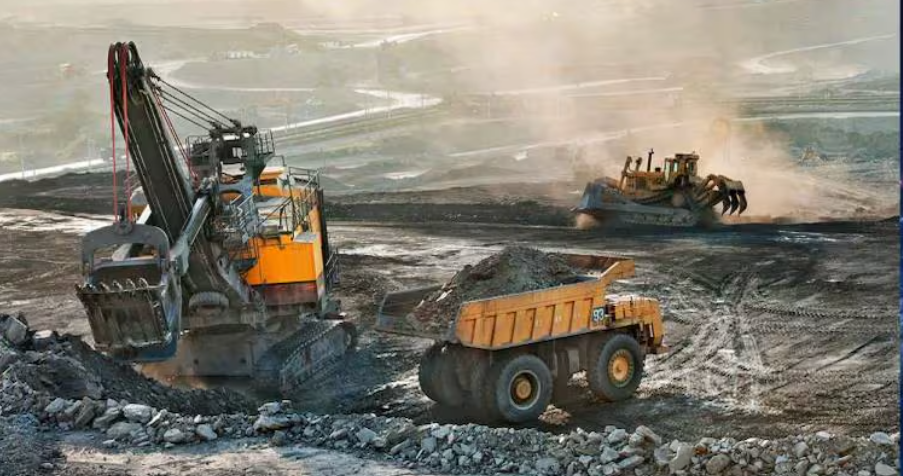India’s mining industry is undergoing a significant transformation which is driven by sweeping reforms emphasizing transparency, efficiency, and private sector involvement. Minister of Coal and Mines G Kishan Reddy stated on Monday that the sector has entered a new era over the past decade, with a clear focus on unlocking its full potential.
One key change, he said, was moving away from outdated policies that limited private participation. With the adoption of a structured auction system, more than 500 mineral blocks have been awarded so far—119 of those just in the past year. This shift has encouraged greater competition and interest in the sector.
Legislative changes, particularly amendments to the Mines and Minerals (Development and Regulation) Act between 2015 and 2023, have laid the foundation for a modern, globally competitive mining ecosystem. The minister highlighted that further reforms are underway to support India’s entry into the critical minerals space—essential for safeguarding the country’s energy, food, and national security.
As part of these efforts, India recently auctioned its first potash block to boost domestic fertilizer production and reduce dependence on expensive imports. This move is a significant step toward self-reliance in key mineral resources.
Reddy also emphasized how government and private sector collaboration is reshaping the industry. With standardized 50-year mining leases, streamlined approval processes, and introducing a new exploration license regime, the environment is now more favourable for startups and MSMEs to participate and grow.
Financial and technological support has also increased significantly. The National Mineral Exploration Trust has backed large-scale exploration efforts. At the same time, public access to over 12,000 geological reports through the National Geoscience Data Repository and tools like drone surveys, the Mining Tenement System, and faceless compliance filing have added transparency and confidence for investors.
Looking to the future, the recently launched National Critical Mineral Mission is expected to position India as a serious contender in the global race for critical minerals. Reddy noted that building a circular economy around resources like lithium, cobalt, nickel, and rare earth elements will play a vital role in powering multiple industries—paving the way for a self-reliant, future-ready “Viksit Bharat.”



